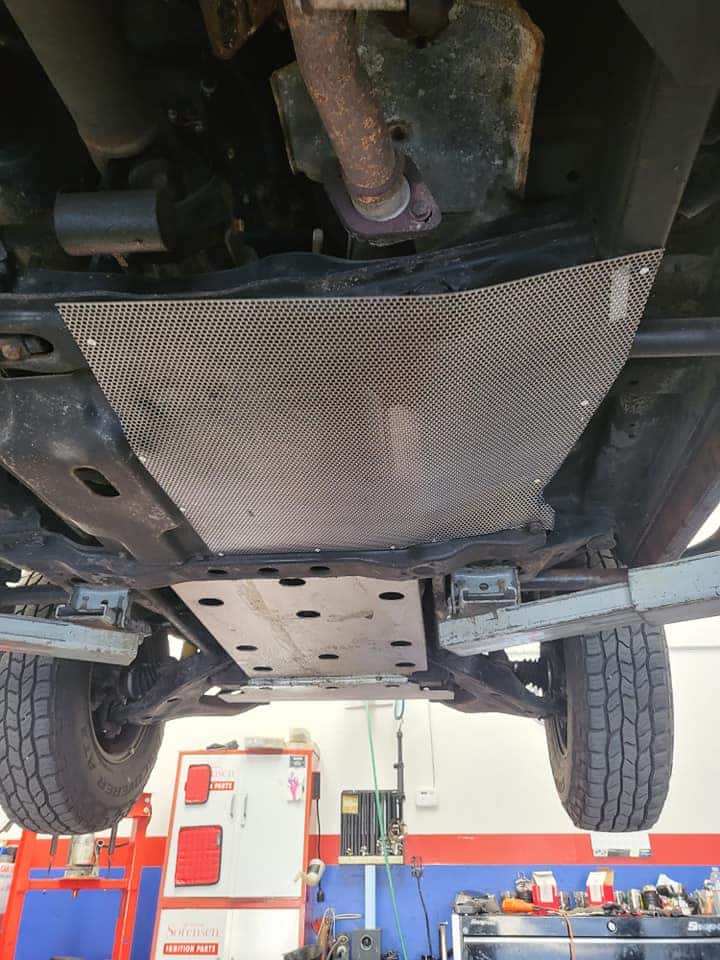Oil changes. They're like brushing your teeth for your car, yet many people neglect this essential maintenance task. You might think, “What's the big deal? It's just oil.” But in reality, regular oil changes are the lifeblood of your car's engine. Neglecting them could lead to a whole host of problems, from reduced performance and fuel efficiency to serious engine damage.
Understand the Role of Motor Oil
Motor oil isn't just any oil. It's a specially formulated blend of oils and additives designed to lubricate, cool, and clean your car's engine. It reduces friction between moving parts, helps keep the engine cool, and helps prevent the build-up of harmful substances like dirt and sludge. Think of motor oil as the lifeblood of your engine. Without it, your engine would quickly overheat, metal would grind against metal, and your engine could fail.
Why Regular Oil Changes Are Essential
Now, you might be wondering, “Why do I need to change my oil if it's so important?” The answer is simple: over time, motor oil breaks down and becomes less effective. Additionally, as it circulates through your engine, it picks up dirt, debris, and other contaminants that can harm your engine. By changing your oil regularly, you ensure that your engine is always running on clean, effective oil.
Consequences of Neglecting Regular Oil Changes
Neglecting regular oil changes can lead to a number of problems. For one, your engine's performance and fuel efficiency may decline. This is because dirty, broken-down oil isn't as effective at lubricating and cooling your engine. This can make your engine work harder, reducing its performance and fuel efficiency.
Worse, neglecting regular oil changes can lead to serious engine damage. Dirty oil can cause sludge to build up in your engine, which can cause parts to wear out faster. In severe cases, sludge can even block oil passages, causing parts of your engine to run without lubrication. This can lead to catastrophic engine failure, requiring expensive repairs or even a complete engine replacement.
How Often Should You Change Your Oil?
The frequency of your oil changes will depend on several factors, including the type of oil you use, your driving habits, and your car's make and model. As a general rule of thumb, most experts recommend changing your oil every 3,000 to 5,000 miles. However, some modern cars with synthetic oil may be able to go up to 10,000 miles between oil changes.
No matter what, it's always a good idea to check your owner's manual or consult a trusted mechanic for advice. Regular oil changes are one of the most cost-effective ways to ensure the longevity and performance of your engine. So if you've been neglecting this important maintenance task, it's time to make a change.
Remember, when it comes to the health and performance of your car's engine, regular oil changes aren't just a good idea, they're essential.
We at Sartorial Auto Repairs understand the importance of regular oil changes and are committed to helping you maintain the peak performance of your vehicle. Contact us today to schedule your next oil change. You'll be glad you did.












